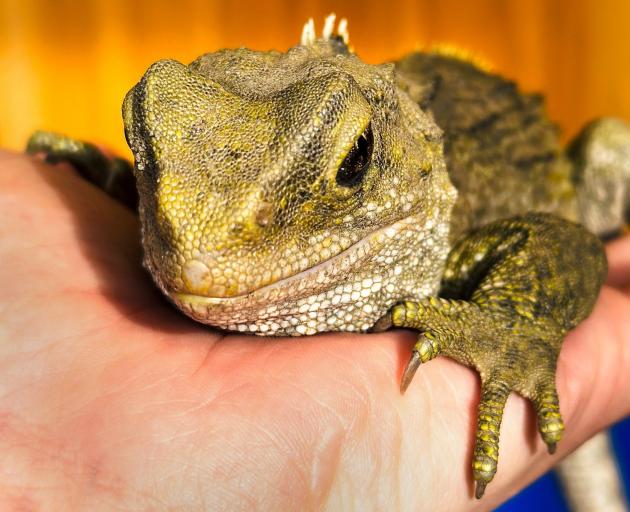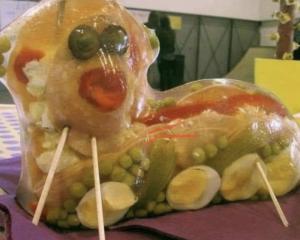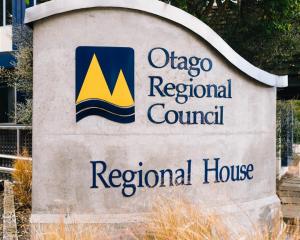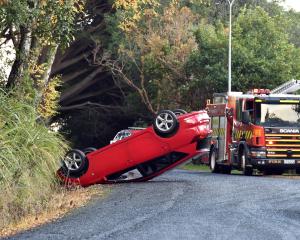
Merri, the 6-year-old tuatara at the Queenstown Kiwi Park, was recently admitted to the Dunedin Wildlife Hospital with a large mass under his jaw.
He is only the second tuatara to have been admitted to the facility since it opened at Otago Polytechnic Te Pūkenga in 2018.
Senior wildlife veterinarian Dr Lisa Argilla and senior wildlife veterinary nurse Angelina Martelli said the surgery was extremely challenging because the mass was near vital structures, including arteries, veins, thyroid glands, nerves, and his trachea and oesophagus.
Dr Argilla said reptiles also had very slow metabolisms and the metabolism of tuatara was even slower than that of other species.
Also, reptiles had a reflex "death roll" response which was not ideal on an operating table.
All of this meant it took about 45 minutes before Merri was in a deep enough sleep to be placed on his back and operated on.
"Even with ultrasound guidance on where to make the incision, surgery was tricky, and the mass bled a significant amount," she said.
"Luckily, a piece of the mass was able to be removed and the bleeding able to be stopped — although it was touch and go for a while there.
"Merri recovered remarkably well from the surgery and you wouldn’t even know he’d had a near-death experience."
While hospital staff had a "fair amount of experience" with tuatara, the complexity of the issue meant they needed expertise from other vets, including Massey University Wildbase professor Brett Gartrell and Green Island Veterinary Clinic vet Dr Scott Drummond, Dr Argilla said.
A biopsy of the tumour found it was caused by a fungal infection.
"So the plan for now is to medicate him with antifungal drugs and, hopefully, over time the mass will shrink to the point where it might be safe to surgically remove it."
Merri’s slow metabolism meant his treatment course could take more than six months, she said.
"Our colleagues at Wildbase have had a tuatara in care for 389 days before, and this case could potentially break that record."
In the meantime, Merri would recover at the wildlife hospital, on a diet of locusts from Otago Locusts.












